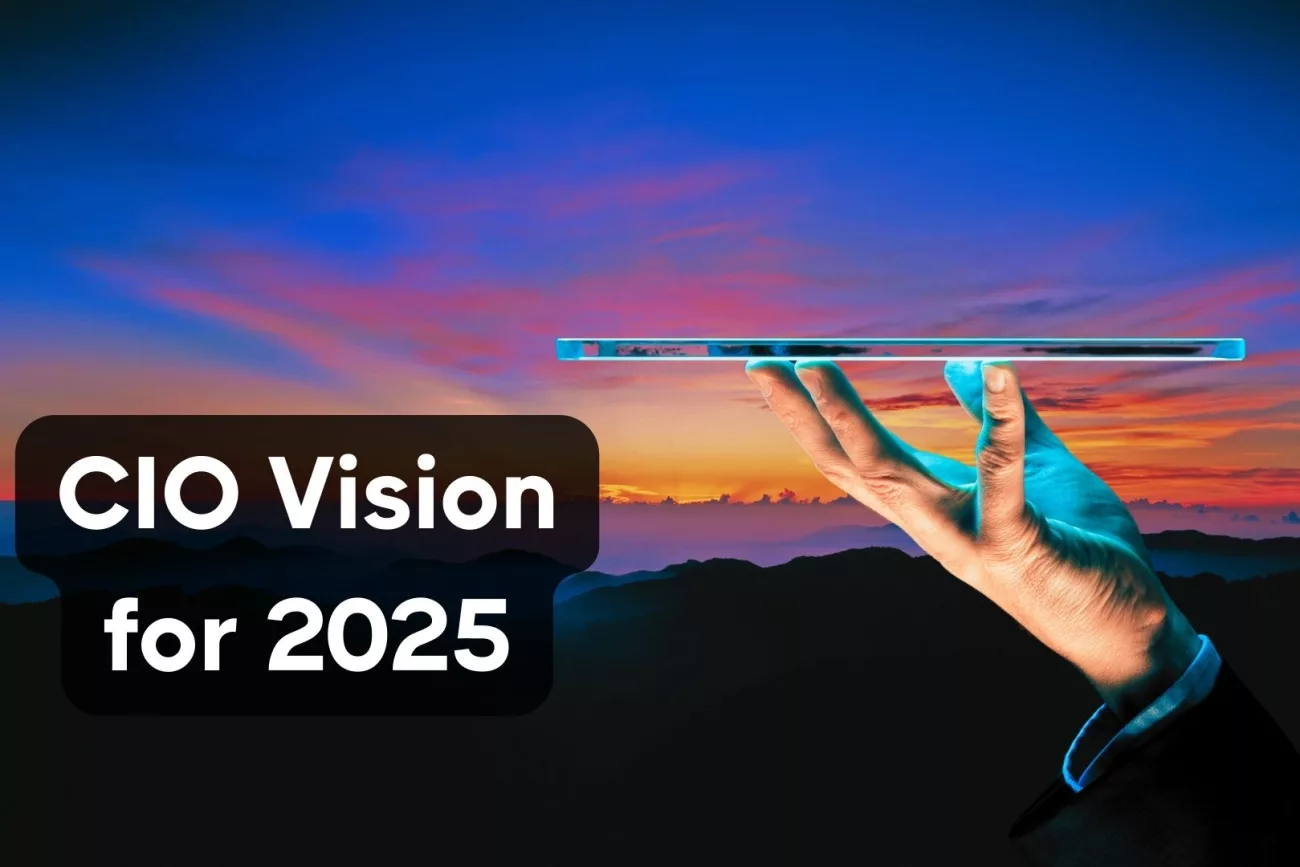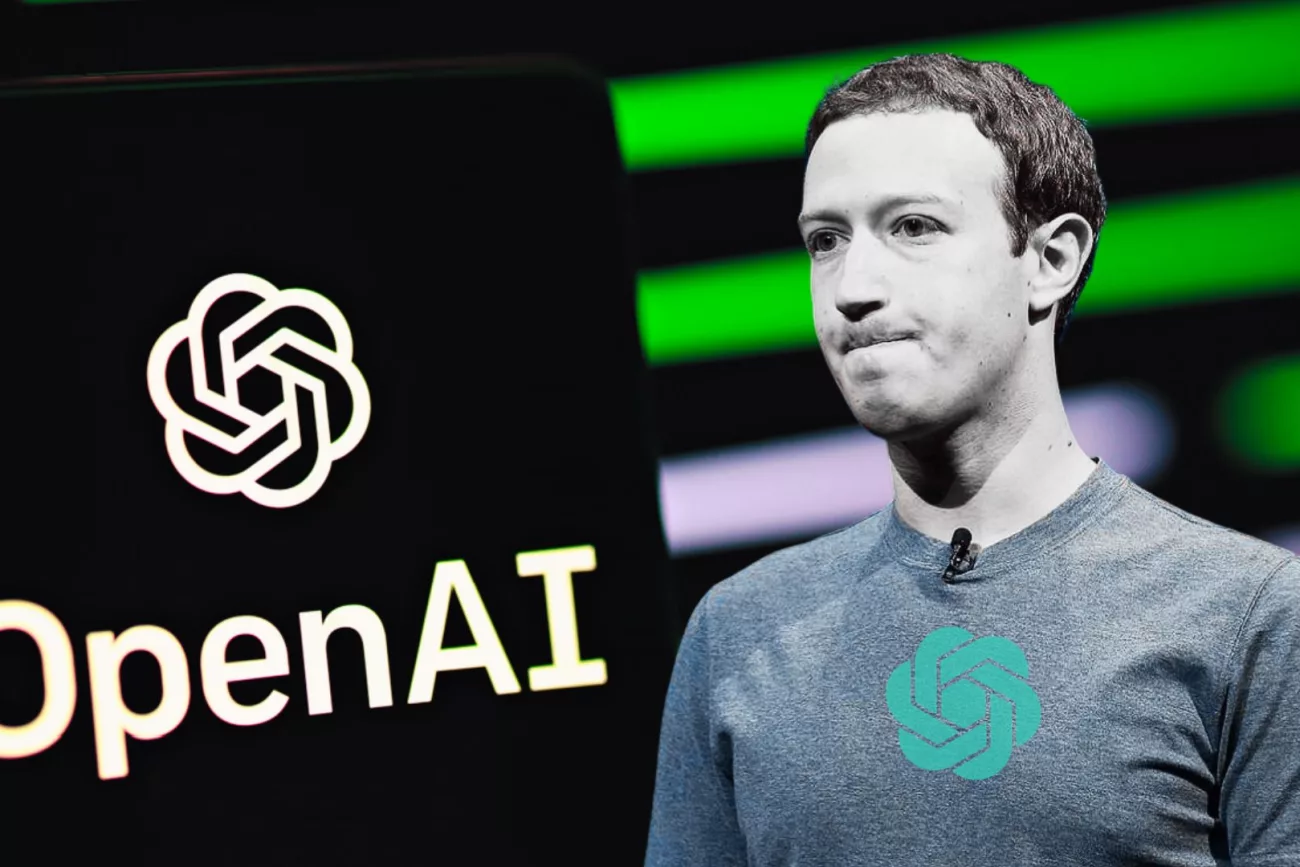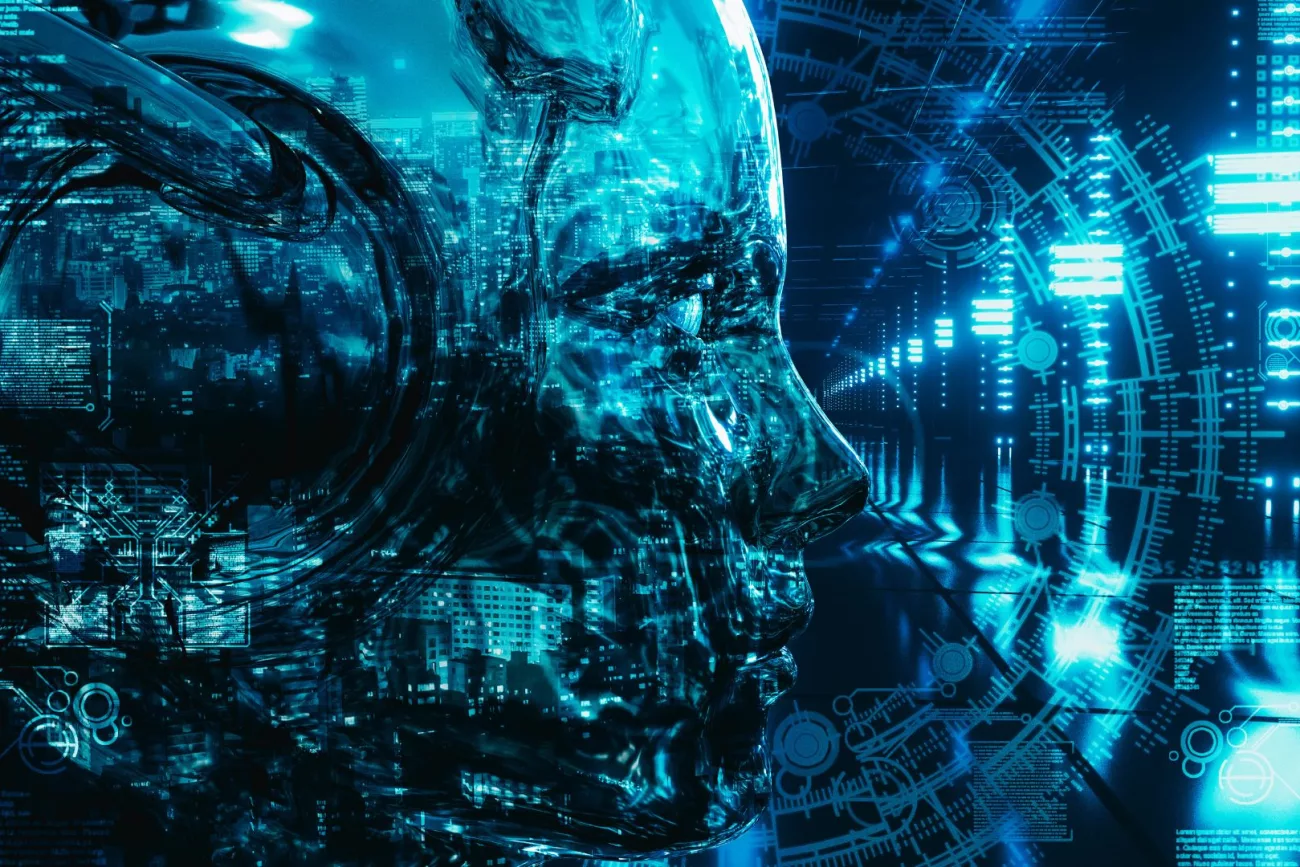
Key Points:
- The role of the CIO is transforming, with a shift from technical management to strategic leadership and innovation.
- By 2025, CIOs will be at the forefront of digital transformation, leveraging emerging technologies like AI and ML.
- Data democratization and data literacy will be key, empowering all employees to make data-driven decisions.
- CIOs will foster a culture of innovation and agility, promoting an innovative mindset and implementing agile methodologies.
As we stand on the brink of a new decade, the role of the Chief Information Officer (CIO) is undergoing a profound transformation. The digital era has ushered in a wave of unprecedented change, compelling CIOs to evolve beyond their traditional roles. This article provides an in-depth exploration of the CIO’s vision for 2025, highlighting the emerging trends, challenges, and opportunities that will shape the future of IT leadership.
The Evolution of the CIO Role
The Traditional CIO
In the past, the CIO’s role was primarily focused on managing IT infrastructure and ensuring the smooth operation of technical systems. Their responsibilities were largely confined to maintaining hardware, software, and networks, with little involvement in strategic decision-making.
The Modern CIO
Today, the CIO’s role has expanded significantly. They are now integral to strategic planning, driving digital transformation, and fostering innovation. Modern CIOs are expected to leverage technology to create business value, improve operational efficiency, and enhance customer experiences.
The CIO Vision for 2025
Embracing Digital Transformation
By 2025, CIOs will be at the forefront of digital transformation. They will be responsible for integrating advanced technologies such as artificial intelligence (AI), machine learning (ML), and data analytics into business operations. This will involve not only implementing these technologies but also managing the cultural and organizational changes that accompany digital transformation.
Driving Business Innovation
In the future, CIOs will play a pivotal role in driving business innovation. They will be expected to identify and capitalize on new opportunities, leveraging technology to create competitive advantages. This will require a deep understanding of business dynamics, market trends, and customer needs.
The Challenges and Opportunities Ahead
Navigating the Complexity of Technology
As technology continues to evolve at a rapid pace, one of the key challenges for CIOs will be navigating this complexity. They will need to stay abreast of the latest technological advancements, assess their potential impact, and determine how best to integrate them into their existing IT infrastructure.
Managing Cybersecurity Risks
With the increasing reliance on digital technologies, cybersecurity will become a critical concern for CIOs. They will need to develop robust security strategies to protect sensitive data, prevent cyberattacks, and ensure regulatory compliance.
The Future Skillset of CIOs
Technological Expertise
While a deep understanding of technology has always been a prerequisite for the CIO role, the future will demand an even greater level of expertise. CIOs will need to stay abreast of emerging technologies such as AI, ML, and blockchain, and understand how to leverage them to drive business value.
Strategic Thinking
As CIOs become more involved in strategic decision-making, they will need to develop strong strategic thinking skills. This involves understanding the business landscape, identifying opportunities for innovation, and making informed decisions that align with the organization’s strategic goals.
Leadership and Change Management
The future CIO will need to be a strong leader, capable of driving change and fostering a culture of innovation. This involves managing the human side of digital transformation, including overcoming resistance to change, building consensus, and motivating teams.
The Power of Data-Driven Decision Making
The Rise of Data Democratization
By 2025, data democratization – the ability for individuals across an organization to access and interpret data – will become the norm. This shift will empower employees at all levels to make data-driven decisions, fostering a culture of innovation and agility.
The Role of CIOs in Promoting Data Literacy
As organizations become more data-driven, CIOs will play a crucial role in promoting data literacy. They will need to ensure that employees have the skills and tools they need to interpret and use data effectively.
Fostering a Culture of Innovation and Agility
The Importance of an Innovative Mindset
In the digital era, innovation is a key driver of business success. CIOs will need to foster a culture of innovation, encouraging employees to think creatively, take risks, and embrace new ways of working.
The Role of CIOs in Promoting Agility
Agility – the ability to adapt quickly to change – will be a key competency for organizations in the future. CIOs will play a crucial role in promoting agility, implementing agile methodologies, and encouraging a mindset of continuous improvement.
Conclusion:
As we look towards 2025, it’s clear that the role of the CIO will continue to evolve in response to the rapid pace of technological change. The future CIO will need to be a strategic leader, capable of driving digital transformation, fostering innovation, and navigating the complexities of technology. While there are undoubtedly challenges ahead, there are also exciting opportunities for those who are prepared to embrace the future of IT leadership.
This concludes the first half of our exploration into the CIO’s vision for 2025. Stay tuned for the second half, where we’ll delve deeper into the specific skills and competencies that future CIOs will need to succeed, the importance of data-driven decision making, and the role of CIOs in promoting a culture of innovation and agility within their organizations.














